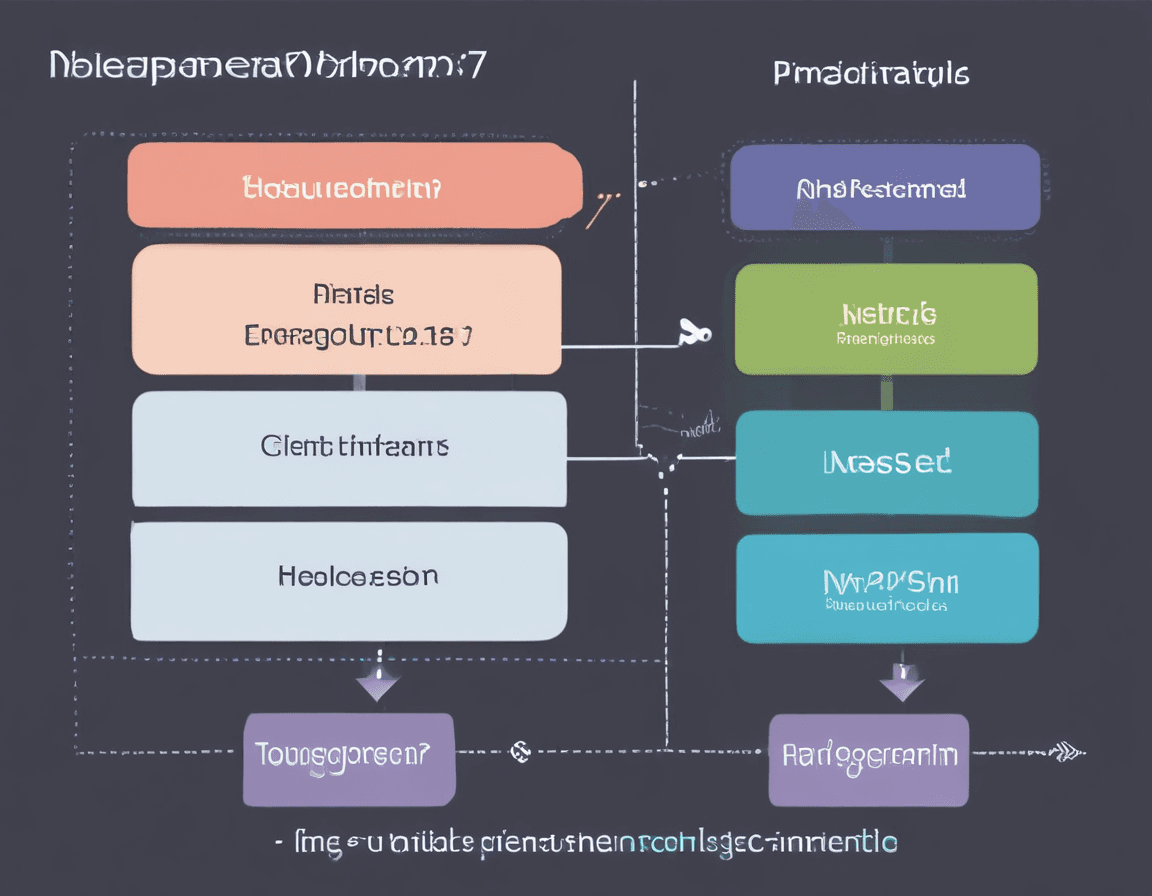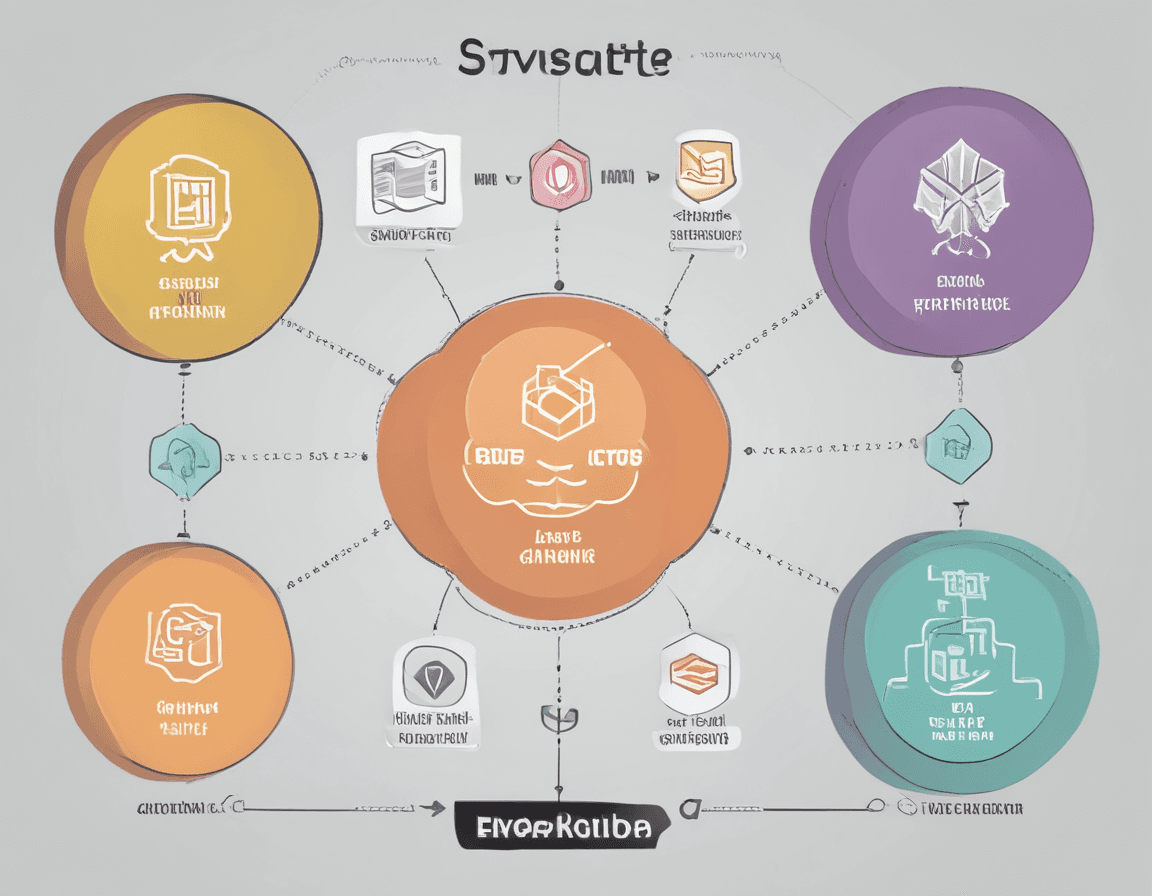Deep Dive into TypeScript's Record Type
- 527Words
- 3Minutes
- 30 Jul, 2024
In TypeScript, Record is a useful built-in generic type that allows us to define the types of an object’s keys and values. Using the Record type is very helpful when dealing with key-value data structures as it provides strong typing support for both the keys and values of an object. This article will provide a detailed overview of the Record type’s definition, usage, and practical examples.
Definition of the Record Type
The Record type is a generic type provided by TypeScript that takes two type parameters:
1Record<Keys, Type>;Keys: The type of the object’s keys, usually a string, number, or a union type.Type: The type of the object’s values.
The purpose of Record is to map all keys of an object to a specific value type. For example, if we want all keys of an object to be of string type and values to be of number type, we can use Record<string, number>.
Use Cases
The Record type is particularly suited for the following scenarios:
- Managing key-value data structures: When creating an object with key-value pairs and having strict requirements for the types of keys and values,
Recordis very useful. - Replacing index signatures: Unlike index signatures,
Recordprovides more precise control over key and value types. - Representing dictionary data structures:
Recordcan be used to represent dictionary-like structures with fixed keys.
Code Examples
Basic Usage
The following example shows how to use the Record type to define an object where keys are strings and values are numbers:
1type Scores = Record<string, number>;2
3const studentScores: Scores = {4 Alice: 85,5 Bob: 92,6 Charlie: 78,7};8
9console.log(studentScores);10// Output: { Alice: 85, Bob: 92, Charlie: 78 }In this example, the studentScores object has all keys of type string and values of type number.
Using Union Types as Keys
We can also use union types to restrict the keys of an object. For example, if we want the keys of an object to be specific strings, we can define it like this:
1type Role = "admin" | "user" | "guest";2
3type RolePermissions = Record<Role, string[]>;4
5const permissions: RolePermissions = {6 admin: ["create", "edit", "delete"],7 user: ["view", "edit"],8 guest: ["view"],9};10
11console.log(permissions);12// Output: { admin: ['create', 'edit', 'delete'], user: ['view', 'edit'], guest: ['view'] }In this example, the RolePermissions type ensures that the keys of the permissions object can only be 'admin', 'user', or 'guest'.
Combining with Optional Properties
You can combine Record with the Partial type to make all properties optional:
1type PersonInfo = {2 name: string;3 age: number;4};5
6type PartialPersonInfo = Partial<Record<"Alice" | "Bob", PersonInfo>>;7
8const partialInfo: PartialPersonInfo = {9 Alice: { name: "Alice", age: 30 },10 // Bob info is optional11};12
13console.log(partialInfo);14// Output: { Alice: { name: 'Alice', age: 30 } }In this example, Partial<Record<'Alice' | 'Bob', PersonInfo>> defines an object type where the keys can be 'Alice' or 'Bob' and the values are of PersonInfo type, but all properties are optional.
Conclusion
TypeScript’s Record type is a powerful and flexible tool, suitable for scenarios where precise definition of object key and value types is needed. It simplifies type definitions and enhances code readability and safety. By combining it with other type utilities such as Partial, Pick, and Omit, developers can handle complex data structures easily, significantly improving code quality and maintainability.


